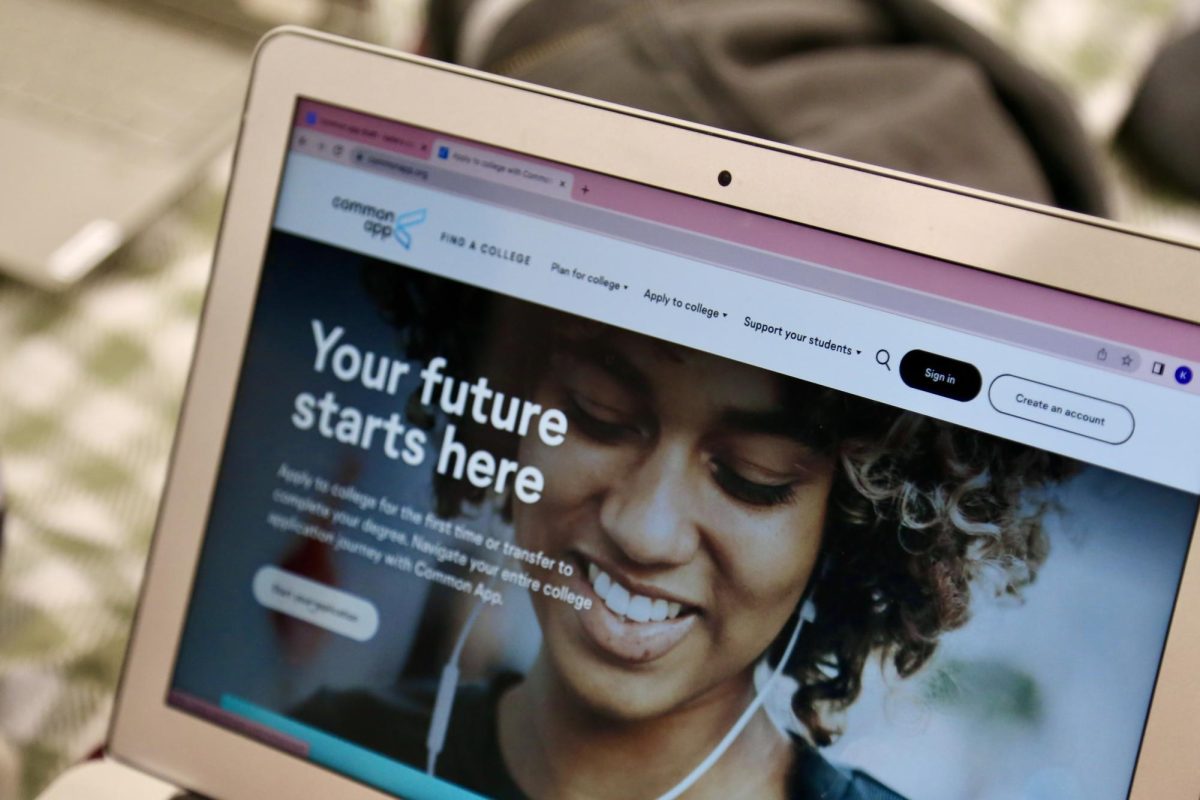
For today’s generation of college applicants, putting together an application for a chance at claiming a seat at a top university requires tremendous work. But for some students, brilliant essays and recommendation letters aren’t the only things colleges appreciate. Many top-rated colleges value, or at least consider, demonstrated interest: a measurement of the interest students show in a particular school. For many colleges, data on interest levels put them at ease over predicting yield, or the percentage of admitted applicants that enroll. Most of the major grand gestures, however, including campus visits and attending an event, prevent the administration of an equitable admissions process. Colleges should rethink demonstrated interest (DI) policies by ensuring that all applicants, regardless of financial circumstance, can meaningfully engage with colleges to garner interest points.
Current DI options, particularly those that include on-campus engagement, are not equitable; they are easier to tap into for wealthier applicants. One study found that while colleges reap tangible benefits from considering DI, namely higher enrollment rates, applicants tend to see the benefits from DI coincide with their wealth. For example, interest activities that cost money (i.e. campus visits) are likely to score applicants more points than activities such as interacting with a college representative at a high school college fair. On-campus engagements are more rewarding than off-campus gestures and at the same time easier to pursue if applicants have time, money, and knowledge of the admissions process.
Meanwhile, the opportunities for off-campus engagement that institutions do have, including high school visits or college fairs, are inaccessible to students of particular backgrounds. As noted in a 2021 study by the Institute for Higher Education Policy, selective public institutions prioritize off-campus recruitment efforts that reach out-of-state students from affluent high schools or communities. This means that even the DI options that are often easier to afford are harder to access for students from low-income backgrounds.
The utility of DI for students in the college admissions process is further complicated by the lack of access to DI-related information. First-generation students and students from low-income backgrounds are less likely to have intricate knowledge of DI policies that their more affluent counterparts tend to gather from college-educated family members or high school college counselors. They often miss out on obscure insights including colleges’ tracking of website visits and email interactions.
With DI tracking, however, colleges find it easier to predict yield rates and admit to even having the added benefit of gauging “better” applicants. Applicants who display interest on-site are valued more highly because they signal a preference for that college to admissions offices concerned with enrollment percentages. Colleges even consider applicants who engage in costly interest tactics “better” applicants since such applicants seem more likely to be active once on campus and continue to support the school following graduation.
While monitoring DI offers colleges valuable advantages, the current DI system rewards applicants on account of their financial situation. Colleges should initiate key reforms to their DI policies that allow students to reap the rewards of continued interest regardless of wealth.
First, colleges can ensure that opportunities for meaningful engagement are available to all students. For example, they may subsidize on-campus visits for students from low-income backgrounds. Second, schools must put more emphasis on less costly strategies of engagement including college-specific essay writing, virtual campus visits, and applicant interviews. The final system change calls on schools to increase transparency about how DI is calculated and factored into the admissions equation. More transparency allows applicants to consider their options and have an easier time finding and committing to a school that is right for them.





























